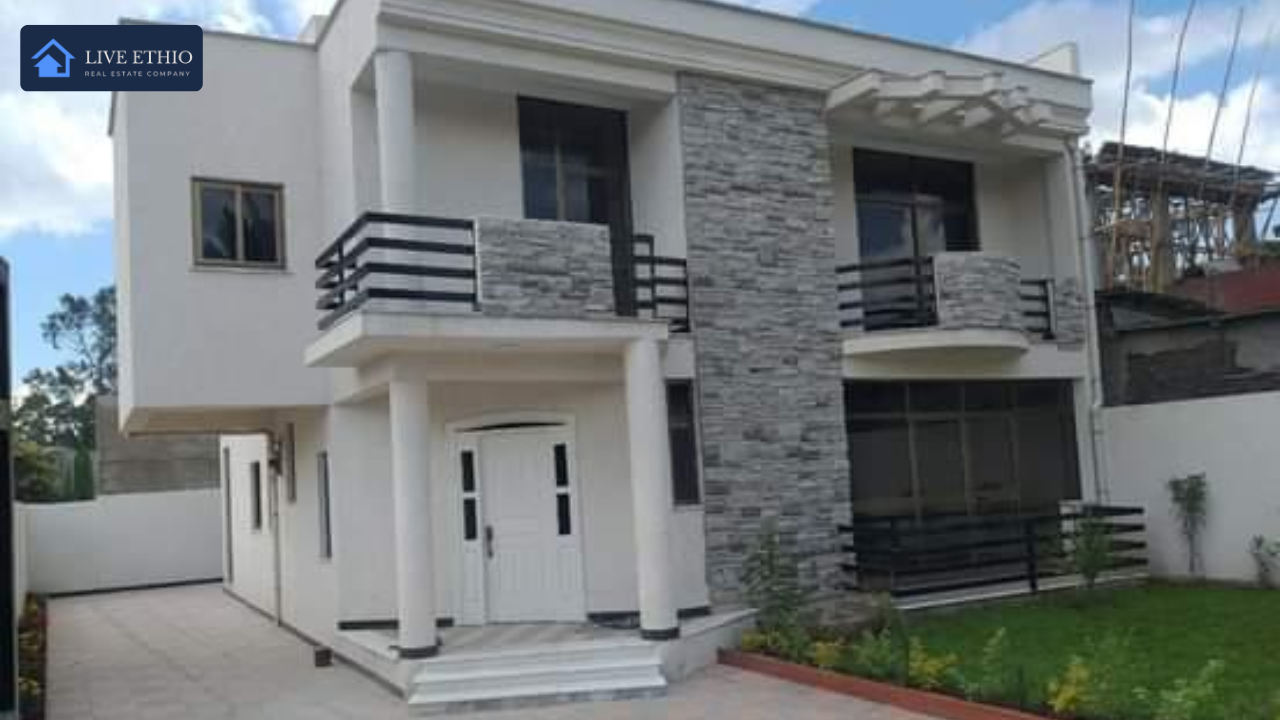Buying a house in Ethiopia is one of the biggest investments you can make — but it’s also a process that requires knowledge, preparation, and careful decision-making. Whether you’re purchasing a home for your family or investing from abroad, understanding the local real estate landscape can help you make a smart and secure purchase.
Here’s what you need to know before buying a house in Ethiopia.
1. Understand the Real Estate Market
Ethiopia’s real estate market has been growing rapidly over the past decade, especially in Addis Ababa. Neighborhoods like Bole, Kazanchis, Megenagna, Bisrate Gebriel, and Summit are popular but come with higher prices.
If you’re looking for more affordable options, areas such as Ayat, Gulele, CMC, Goro Yerer, and Bole Arabsa offer good value with growing infrastructure and accessibility.
Before buying, take time to compare prices, visit different neighborhoods, and check if the property fits your lifestyle or investment goals.
2. Verify Property Ownership
Before making any payments, ensure that the property has a clear title deed. Many buyers face problems later because of unverified ownership or disputed land titles.
Always request to see the original ownership documents from the seller and verify them at the Addis Ababa Land Administration Office. If you’re abroad, it’s best to work with a licensed real estate agent or legal representative who can handle the verification for you.
3. Consider Financing and Budget
If you’re not paying in full, consider your financing options early. Ethiopian banks such as Commercial Bank of Ethiopia (CBE) and Awash Bank offer mortgage loans, but you’ll need to meet certain requirements like stable income, employment history, and collateral.
For diaspora buyers, diaspora accounts allow easy foreign currency transfers for property purchases. It’s also important to factor in service charges, legal fees, and taxes when calculating your total cost.
4. Inspect the Property Carefully
Never skip a physical inspection. Check the structure, plumbing, electrical systems, and finishing quality before finalizing your decision. If possible, bring an expert or contractor to evaluate the condition — especially for older homes.
Remember, good photography can sometimes hide issues, so visiting in person (or having a trusted local representative do so) is essential.
5. Understand Legal Procedures
Property transactions in Ethiopia typically go through these steps:
- Agreement preparation — Buyer and seller sign a sales agreement.
- Verification — Land administration checks ownership documents.
- Tax and fee payments — Stamp duty and service charges apply.
- Transfer of ownership — The property title is officially transferred at the Document Authentication and Registration Office (DARO).
Make sure both parties are present and the transaction is recorded officially.
6. Work with Reliable Agents and Developers
With growing demand, the real estate market also faces challenges like unlicensed brokers and misleading information. Always work with trusted real estate agencies that have a good reputation and clear communication.
At Live Ethio Real Estate Consulting, for example, we connect buyers with verified listings and help ensure every step of the process is transparent and safe.
Final Thoughts
Buying a house in Ethiopia is an exciting step — but it requires awareness and preparation. From verifying ownership to understanding the legal process, each step matters to protect your investment.
Whether you’re a local buyer or part of the diaspora, take your time to research, verify, and consult professionals before you buy.
With the right guidance, owning a home in Ethiopia can be both rewarding and secure.
